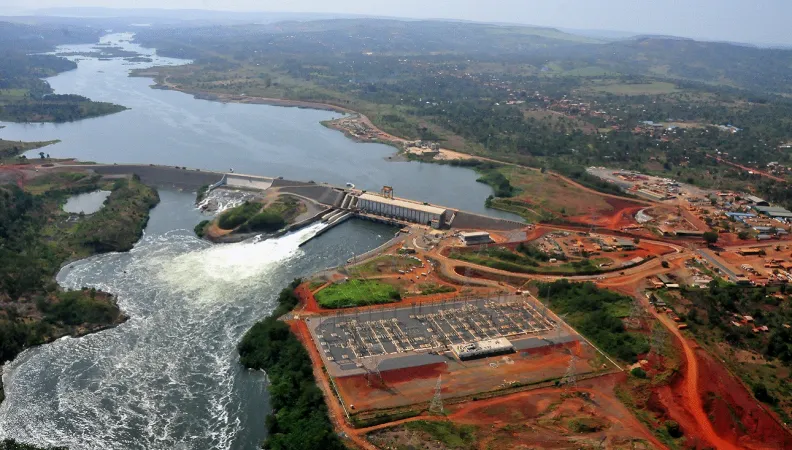Share the page
BUJAGALI 2018: Cheaper electricity for users of the hydropower plant in Uganda
Project


-
Signature date
-
-
Location
-
Uganda
-
Financing tool
-
Financing amount (Euro)
-
31722589
-
Financing details
-
Loan of USD 37,045,639
-
Customer
-
BUJAGALI ENERGY LTD
-
Type of customer
-
Company
-
Country of headquarters
-
Uganda
-
Project number
-
PUG1039
-
Environmental and social ranking
-
A
After financing the construction of the Bujagali hydropower plant in 2007, this new project is refinancing the loans allocated by PROPARCO in 2007.
This 250 MW power plant has been in operation since 2012 and is the country’s main electricity supplier.
This refinancing will reduce the price of electricity for users in Uganda.
Client presentation
Bujagali Energy Limited (BEL), the project company set up to operate the Bujagali hydropower plant, is co-owned by the Aga Khan Fund for Economic Development (AKFED), a historical shareholder, CDC and SN Power.
BEL has a 30-year concession.
Project description
The project involves refinancing the loans allocated by PROPARCO in 2007 for the construction of the Bujagali hydropower plant located on the Nile, downstream from Lake Victoria, in Uganda.
This 250 MW power plant has been in operation since 2012 and is the country’s main electricity supplier (43% of annual power generation at the end of 2017).
This refinancing leads to an extension of the loan maturity and a reduction in the amount of the repayments, which results in a significant reduction in the sale price of electricity to the Ugandan operator.
Project impact
As the power plant has already been built and is operational, the refinancing operation will have limited impacts on energy infrastructure and employment, but it will have significant economic and social benefits. Indeed, it will reduce the price of the PPA and therefore contribute to reducing the price of electricity for the final user and to maintaining the competitiveness of the infrastructure.
The final tariff will thereby be reduced by an average of USD 2.31 cts/kWh between 2018 and 2023 for the 7 million people who may potentially benefit from the 1,533 GWh generated by the hydropower plant every year.


